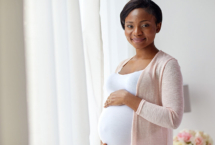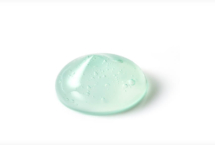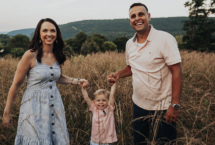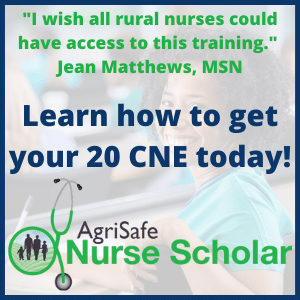Social health is our ability to interact and form meaningful relationships with others. It also relates to how comfortably we can manage in social situations. Relationships have an impact on our mental health, physical health and mortality risk.
People working in agriculture often have dispersed worksites, variable job tasks, and seasonal fluctuations in the type of work. Sometimes, the work will involve many people; in other seasons, much of the work is solitary. Working with other people can be frustrating; it also can make the workload easier and more enjoyable. It’s important to pay attention to our relationships at work as well as those we have with our family and community.
Signs of good social health can include having a healthy balance of social and personal time, engaging in your community, treating others with respect, building strong relationships with friends, having boundaries, and turning to friends and family for support.
Research is showing that people who have fewer social connections and identify as feeling lonely more than half the time are more likely to die prematurely than those with healthy social relationships. Loneliness can reduce the effectiveness of a person’s immune system and cause inflammation in the body which can lead to heart disease and other chronic conditions. Without social or emotional support, stress can place a bigger toll on a person’s health.
Social Health Improvement Suggestions:
- Start with self-care.
- Make a new friend.
- Reach out to friends you haven’t seen in a while.
- Find a community group.
- Use exercise to meet others.
Page updated: July 2021
Social Topics
Social Resources

The new role of artificial intelligence in NIH pregnancy research
Pregnancy can be an exciting experience for many women. But it also can be difficult and confusing, especially for women with a high-risk pregnancy. Factors like a woman’s age, herRead More

Preventing pregnancy with a gel for men?
This June the largest effort in the U.S. to test a new hormonal male contraceptive starts—with support from NIH. Contraceptives help prevent pregnancy. Currently condoms and a vasectomy are theRead More

Opening up about pregnancy and loss
Alise Crutchman had been trying to get pregnant for a few months when she finally conceived in 2017. For Alise and her husband, Mike, the pregnancy experience was not straightforward.Read More

